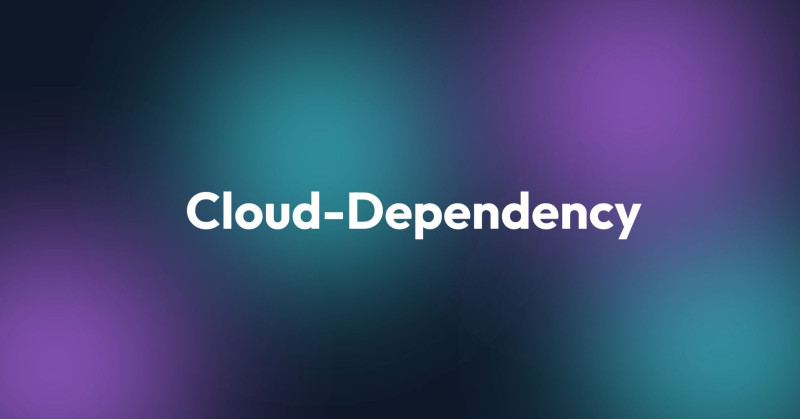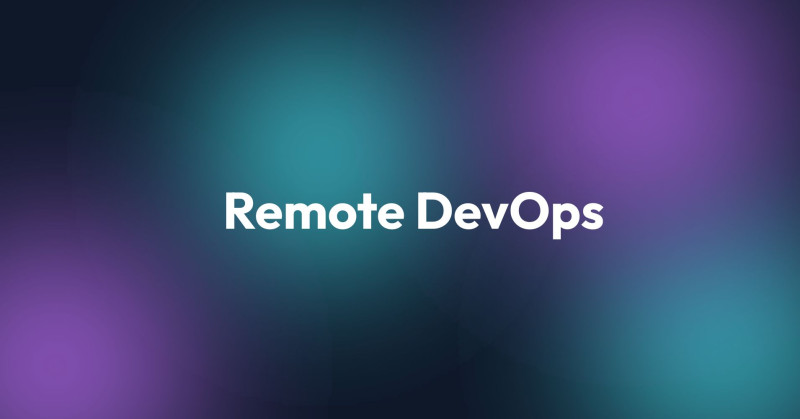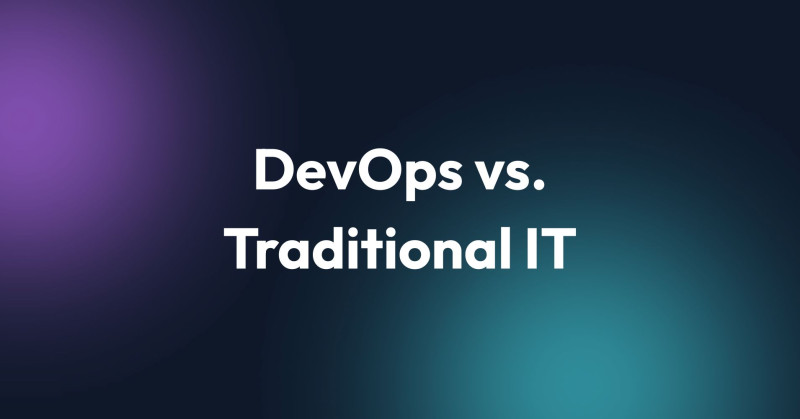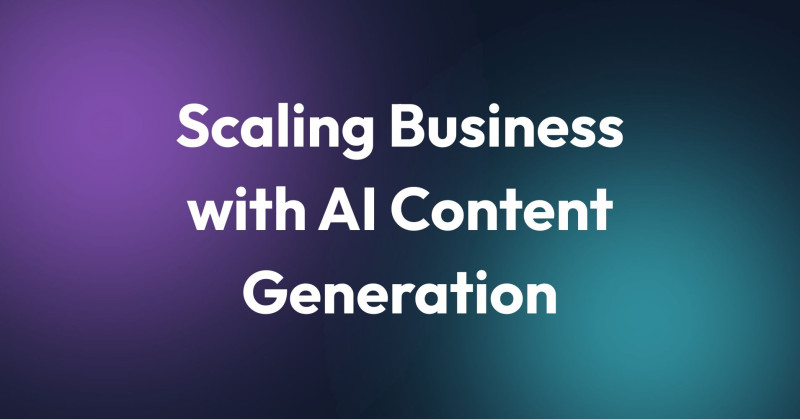In the first part of our article, we introduced you to Primotly's unique five-step product development process, focusing on the importance of the Initial Workshop and Workshop phases.
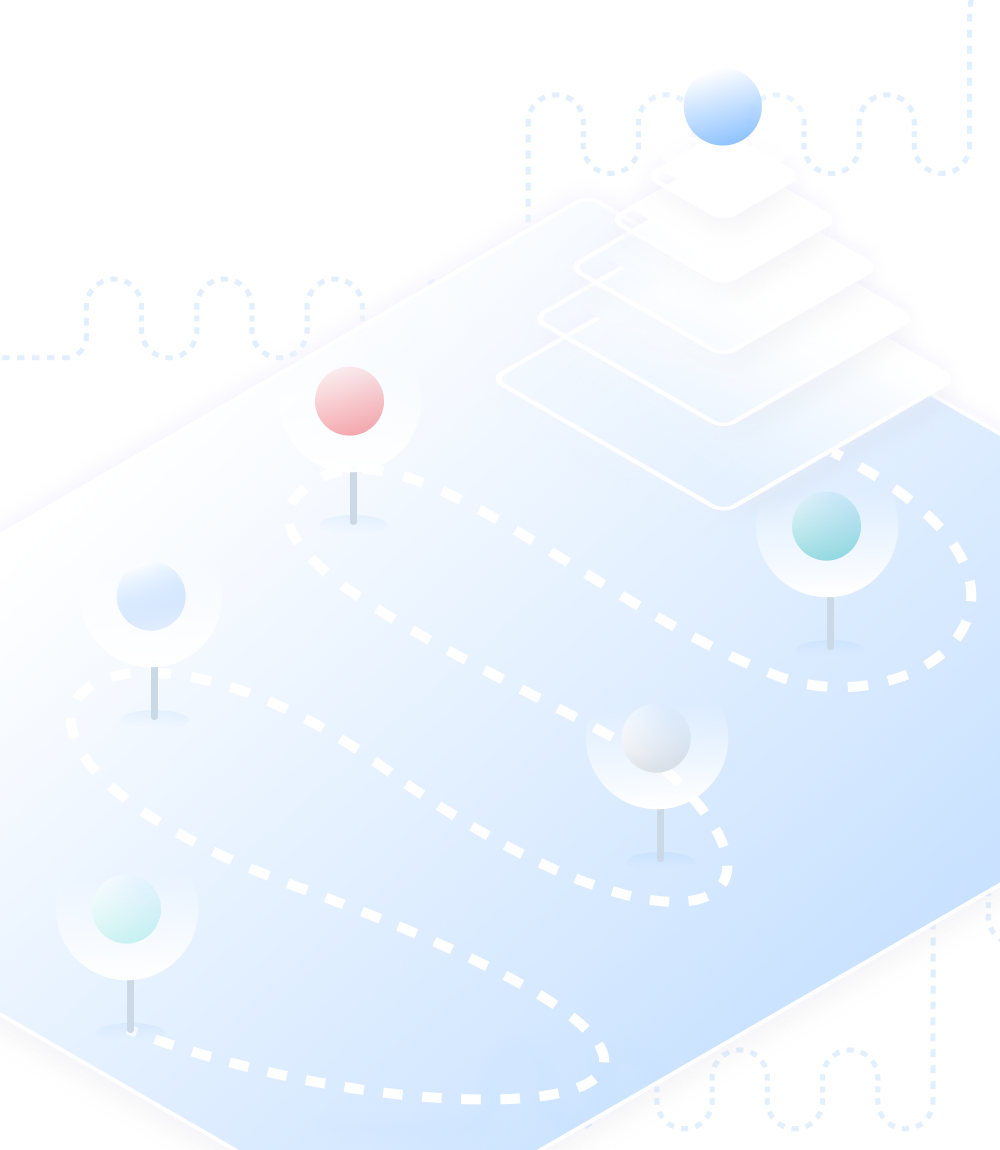
As we continue with the article, we will dive into the remaining three steps of our process: Essential Design, Further Design Development, and Implementation. You will learn how we create designs in accordance with the client's vision, develop all the designs for the project, and ultimately make the project come alive. If you haven't read the first part of the article yet, we recommend taking a moment to familiarize yourself with our initial workshop and workshop stages.
Essential Design – Homepage and Design System Development
Having completed the Workshop phase, we now have a comprehensive understanding of the project. The in-depth analysis, documentation work, and feedback sessions have laid a solid foundation, enabling us to evaluate Dev/Ops and backend tasks and prepare proper documentation, wireframes, and mockups.
Now, we can move on to the next stage of our process: Essential Design. In this phase, we work on:
the design system
the homepage (or the other kind of interface that is the heart of the project).
Product Development: Aligning Essential Design with Client Vision
During the Essential Design stage, our focus is on creating a design that aligns with the client's vision. It is crucial that we reach a mutual understanding and agreement during this stage, as the decisions made here will significantly impact subsequent steps. Any alterations to previously approved elements may result in additional costs for designer overtime and potential delays in the project's completion.
What Happens During the Essential Design Phase?
1. Collaboratively developing the main view (homepage) of the app or website with the client.
2. We plan all interactive elements or animations at this stage, as they demand more effort and time compared to static interface components.
3. We also establish the design basics, including developing buttons, choosing fonts, colors, etc. This foundation allows us to efficiently create visually appealing pages while promoting the reusability of elements and styles.
4. Once the homepage and design system are approved by the client, the subsequent subpages can be created quickly, streamlining the design process.
Next Stage of the Digital Product Life Cycle: Further Design Development
Following the successful completion of the Essential Design phase, we move forward to the Further Design Development stage.
Here, the focus is on:
creating the remaining elements and subpages of the website,
ensuring they align with the established visual identity, design system, and homepage.
During the Further Design Development stage, the number of consultations is reduced compared to the previous phases. This stage involves a maximum of two focused meetings with the UX Designer, each lasting no more than one hour.
We also prioritize enhancing the user experience and functionality of the website by incorporating interactive elements and features discussed during the Essential Design phase. Our team ensures these components are seamlessly integrated into the subpages, delivering a cohesive and engaging digital solution for users.
The outcome of this phase includes:
all final subpages,
a valuation for front-end work,
and the intellectual property rights for the designs.
With a solid design foundation in place, we are now ready to transition into the final phase of our product development life cycle: Implementation. In this stage, we bring your digital solution to life, transforming the carefully crafted designs into a fully functional and engaging digital presence for your business.
The Implementation Phase: Bringing Product to Life
As we enter the final phase of our product development life cycle, Implementation, we rely on the foundation built during the earlier stages. Implementation commences only once we have a finalized Essential Design and collected all required documentation. The price for this stage is fixed based on the prior valuation.
With the design and documentation in place, our team of skilled programmers begins the process of coding and bringing your digital solution to life.
During the Implementation phase, the client's involvement in the project is significantly reduced. This allows them to focus on other priorities, while still staying informed on the project's progress through regular updates and concise weekly meetings. Despite the reduced involvement, our team maintains clear communication with the client by providing updates on the progress of the coding.
Throughout this stage, the results of our programmers' work are reviewed and discussed during concise weekly meetings, ensuring that the project remains on track and aligned with the client's expectations. The outcome of the Implementation phase includes the complete project and access to the source code.
Kickstart Your Product Development Cycle with Primotly
Our custom five-step product development process truly stands out from the standard fixed-price contract approach. By following this original approach, we ensure that your digital solution is built with precision, care, and a thorough understanding of all of the business requirements. From the initial workshop to the final implementation, we collaborate closely with you, placing immense emphasis on ensuring you feel entirely understood and confident in our capacity as your perfect technology partner.

Our process provides the freedom to cease collaboration after each stage, enabling you to retain full control and ownership over the project and all its components. We firmly believe that transparency, communication, and adaptability form the cornerstone of our approach, creating a seamless and enjoyable experience for you.
Are you ready to embark on a digital product development journey that's customized to your unique needs and goals? Our dedicated team is eager to hear your ideas, share our insights, and collaborate in bringing your vision to life. Reach out to us today to schedule your complimentary consultation, and let's work together to create the powerful digital solution your business truly deserves.

